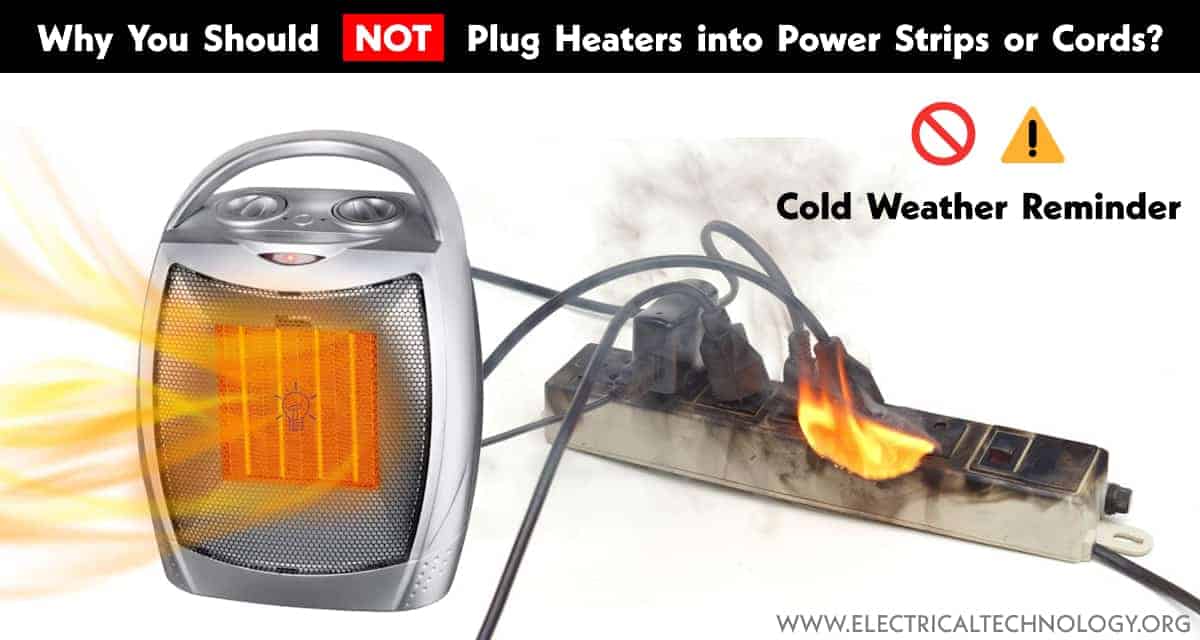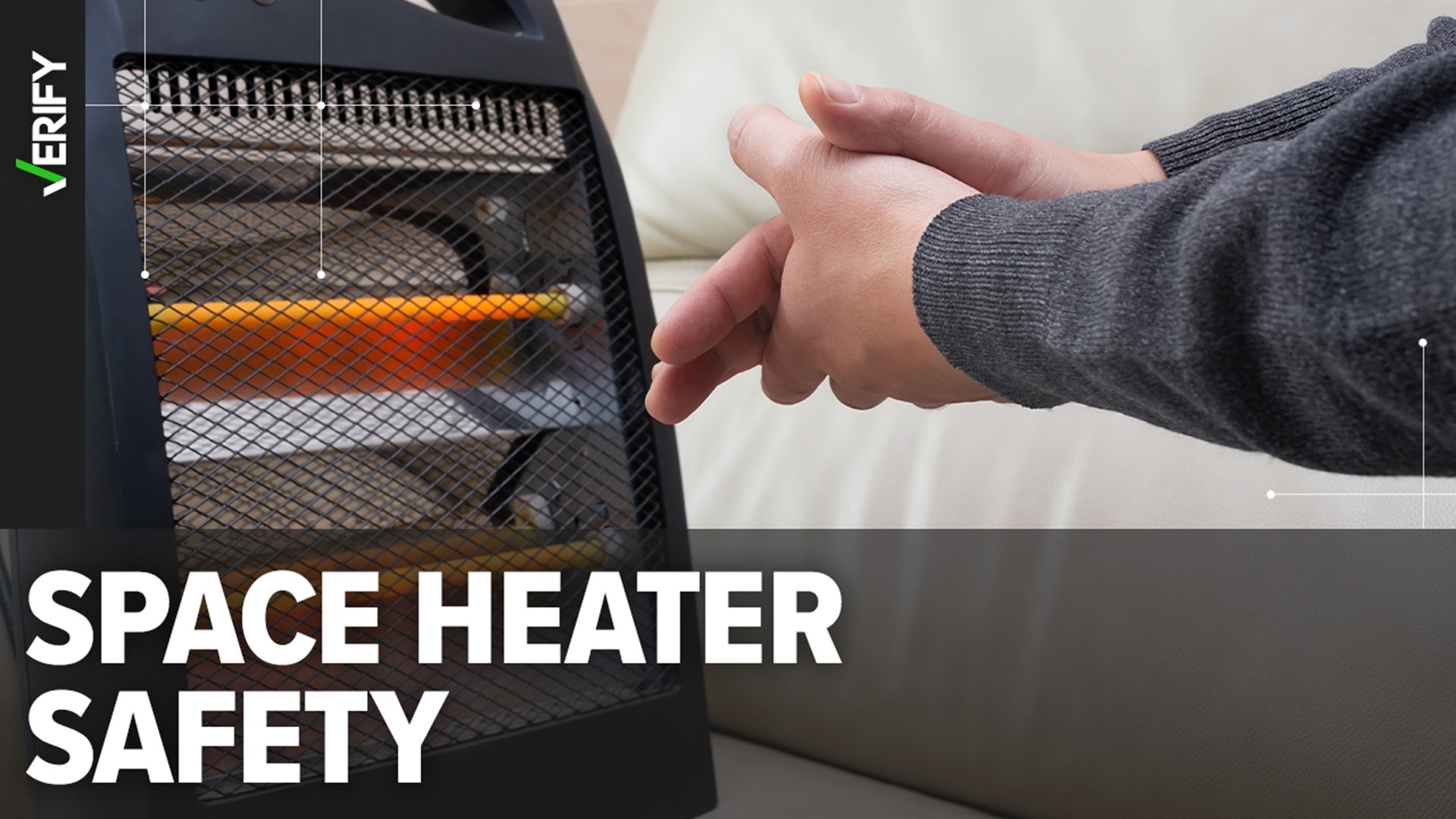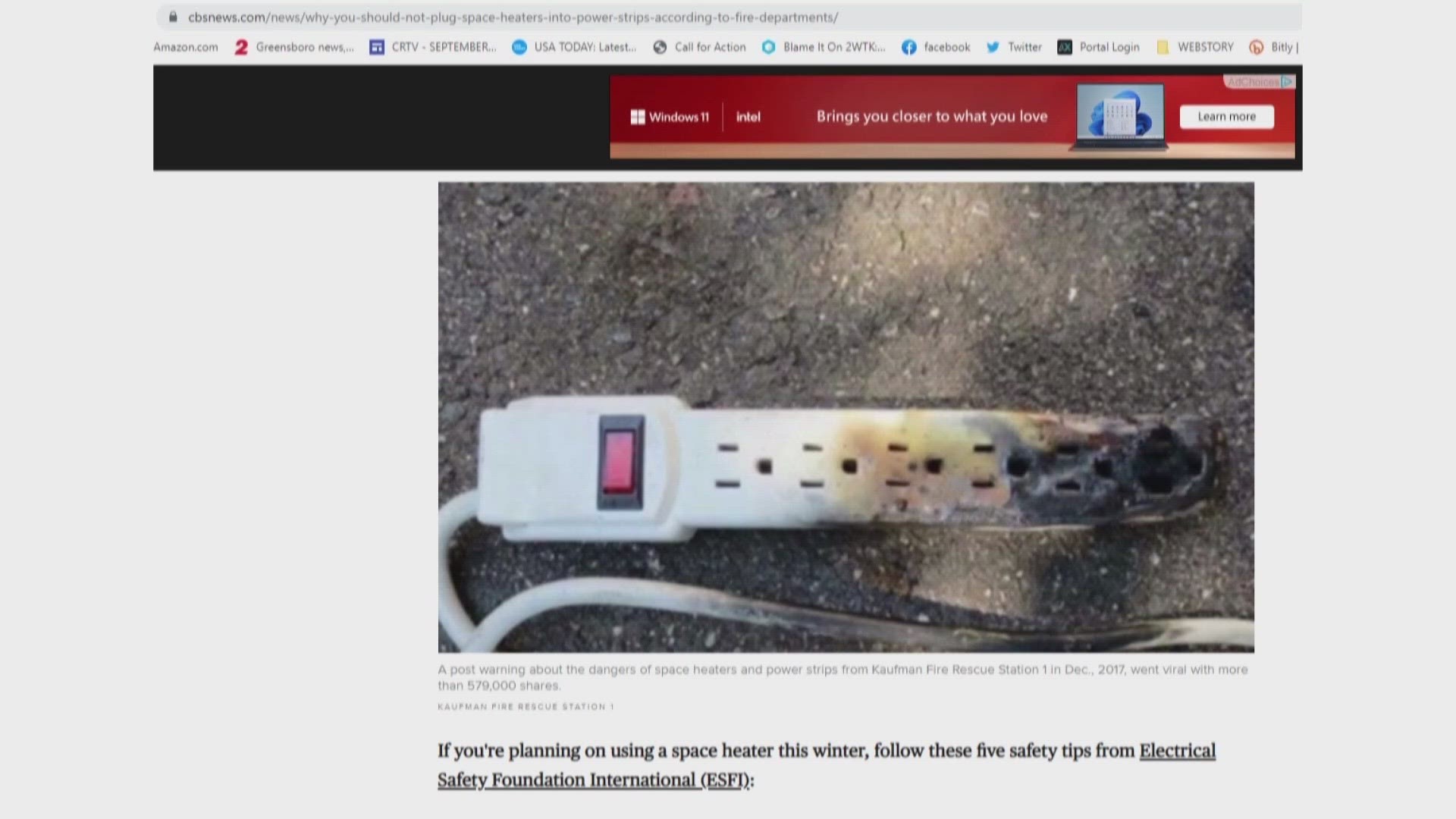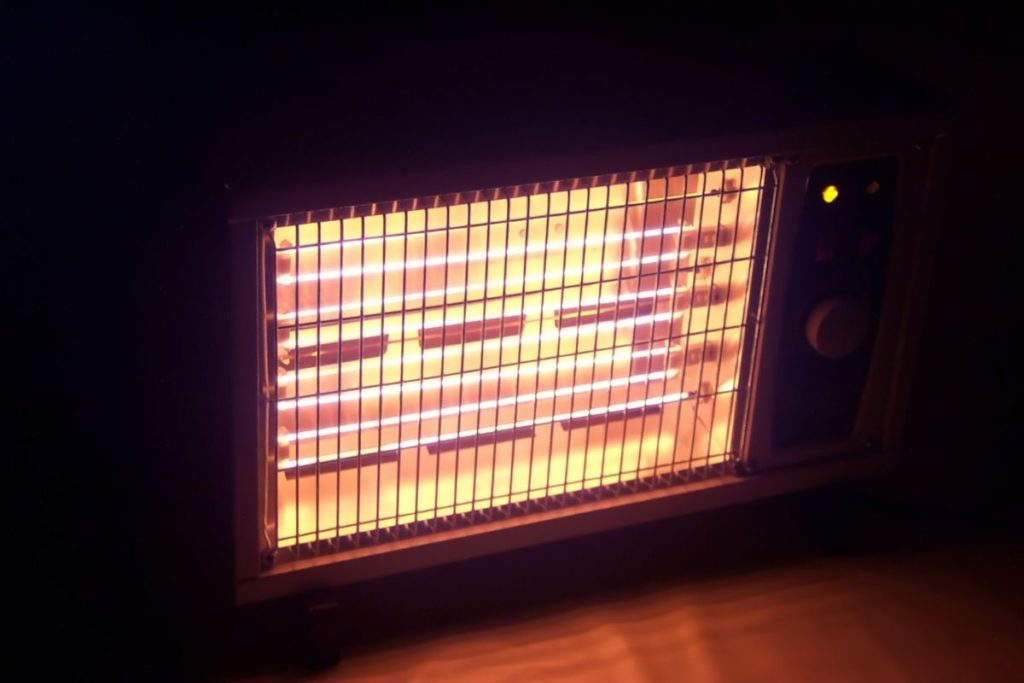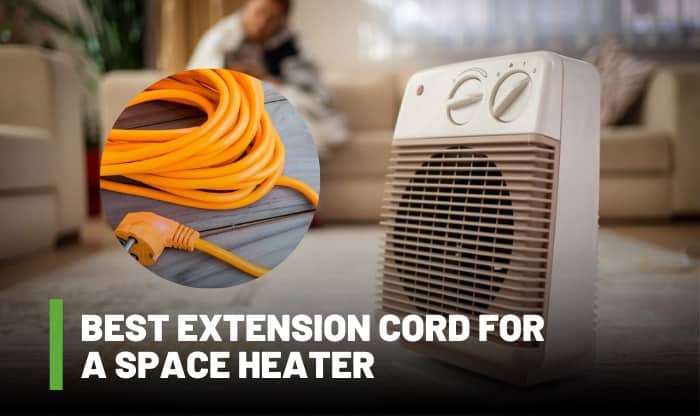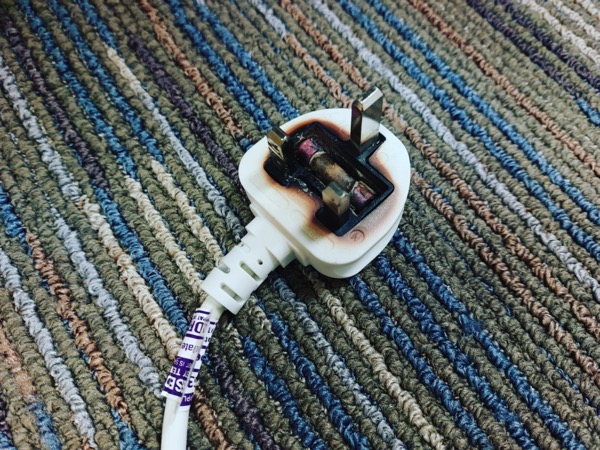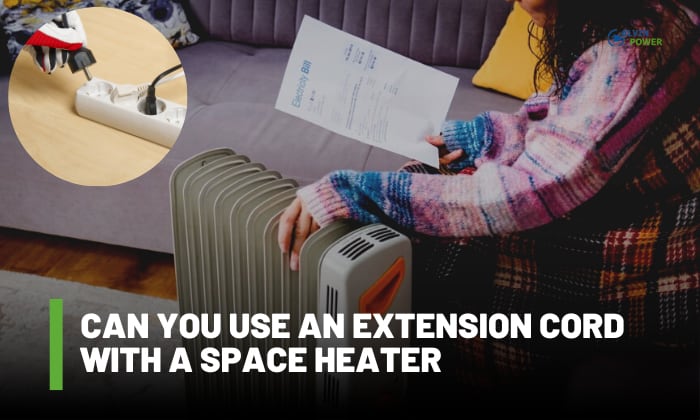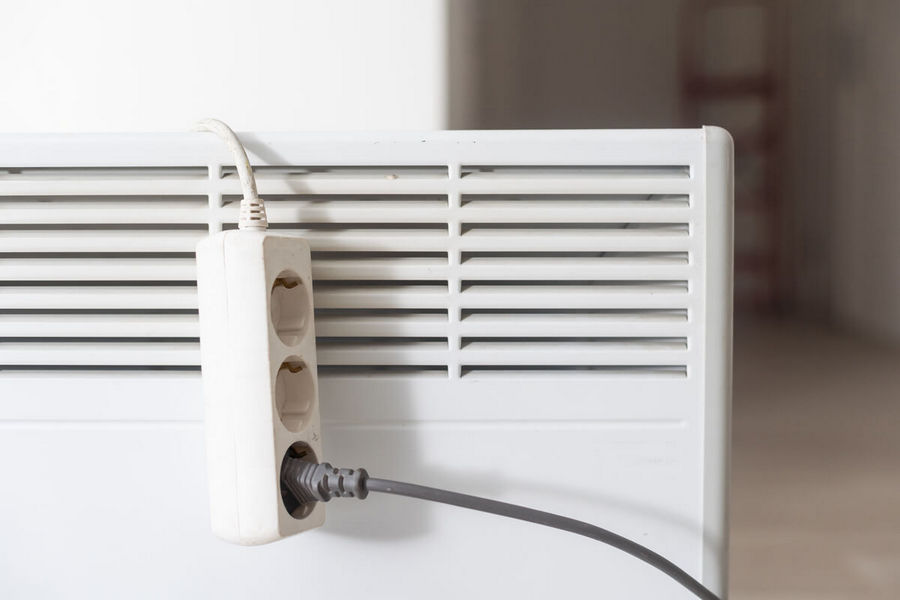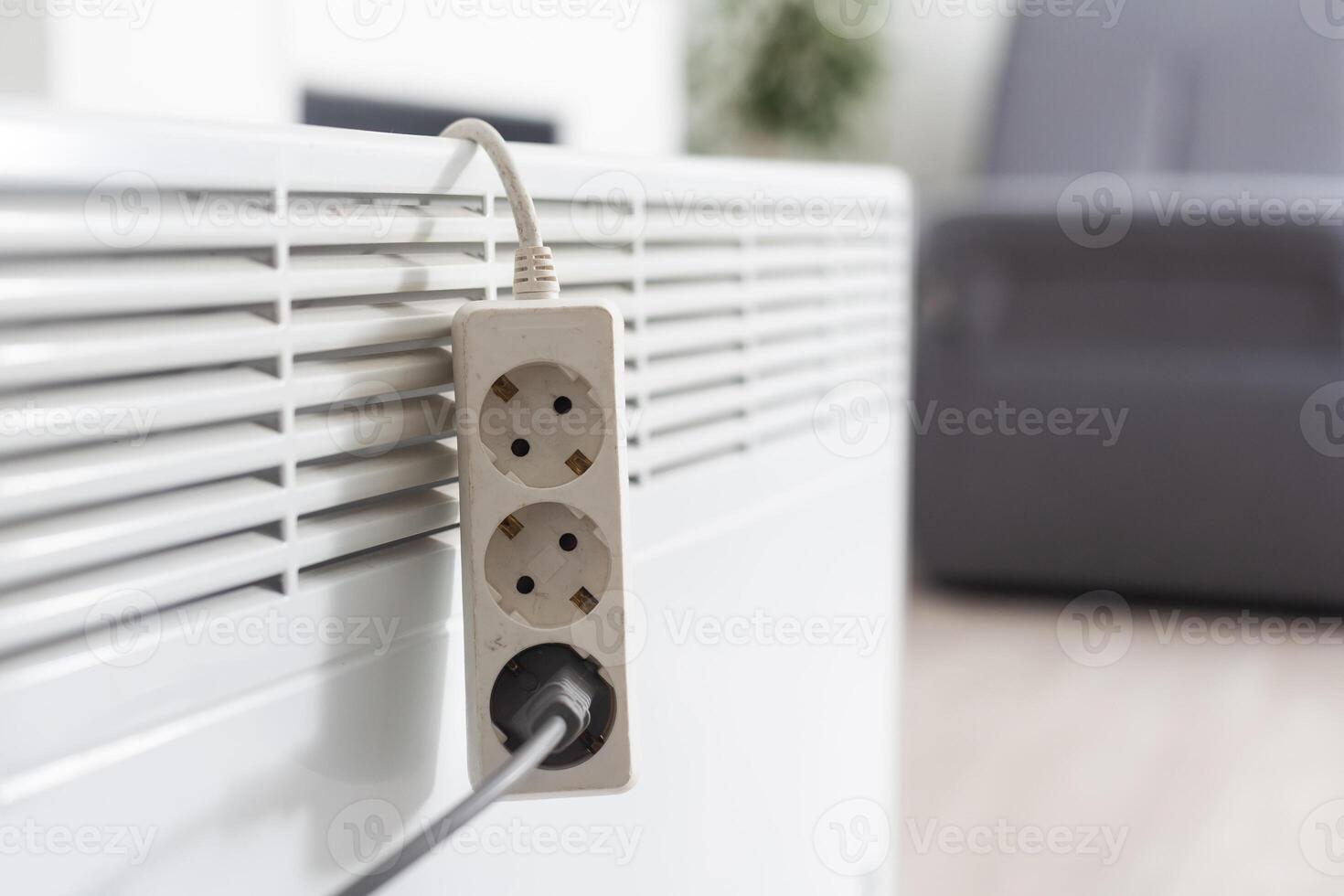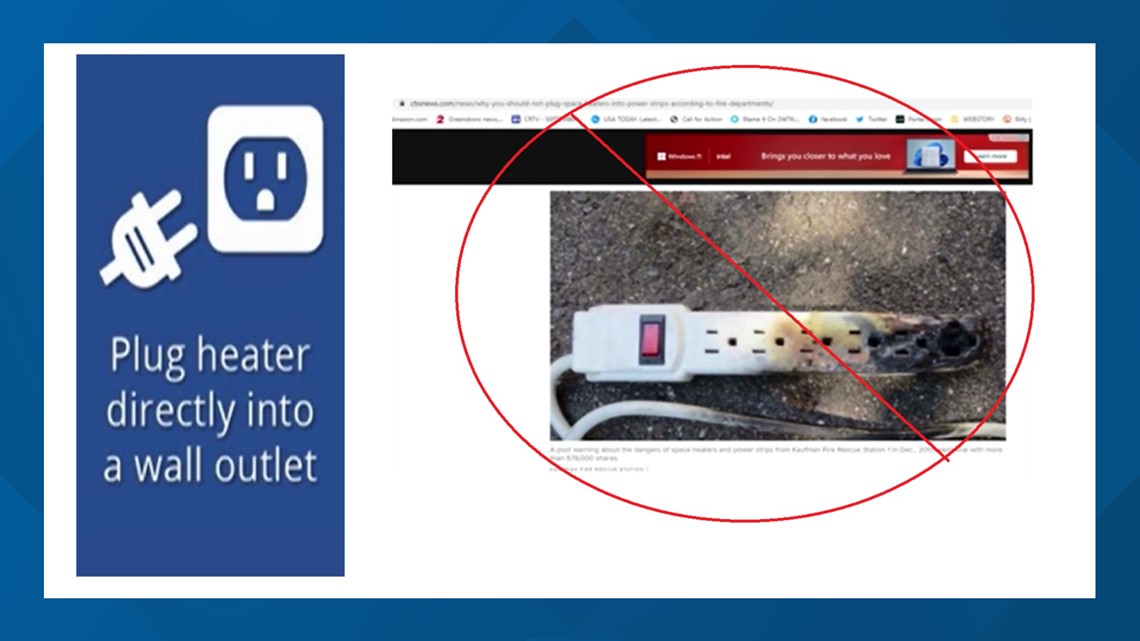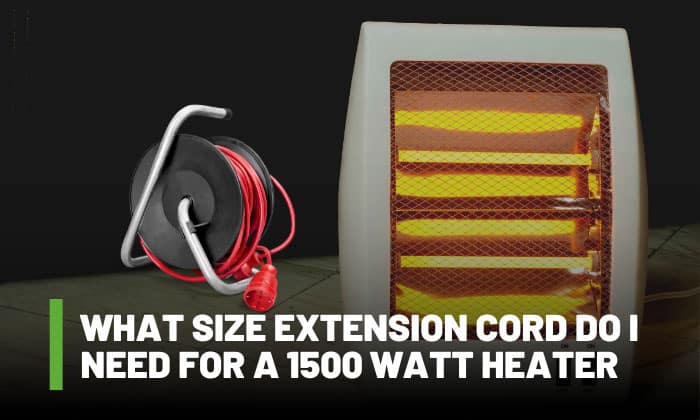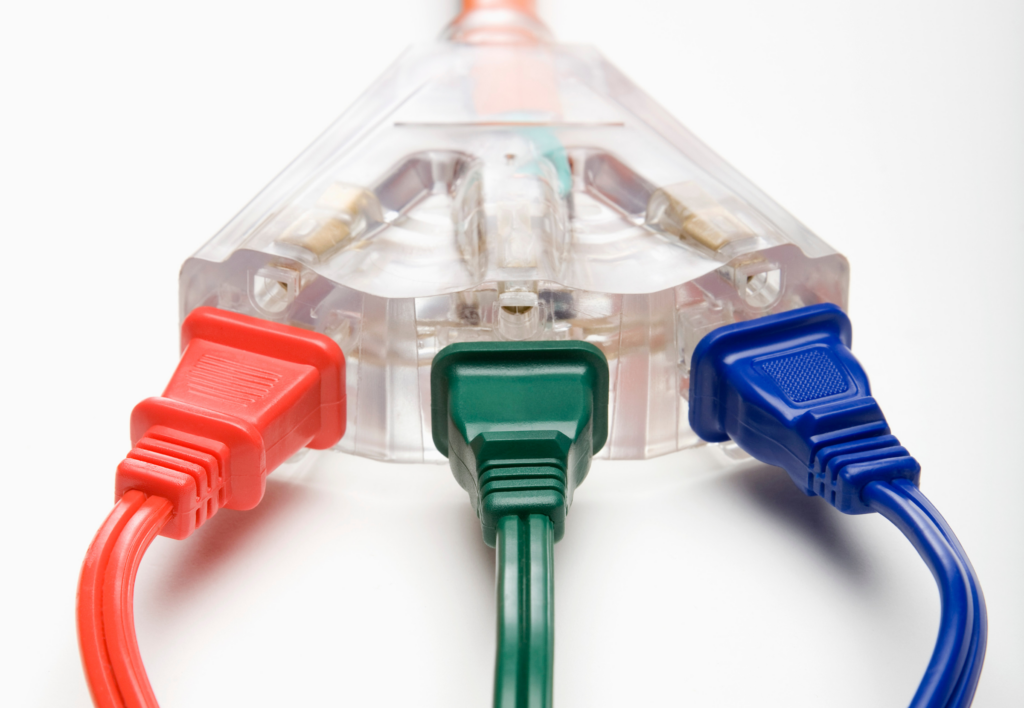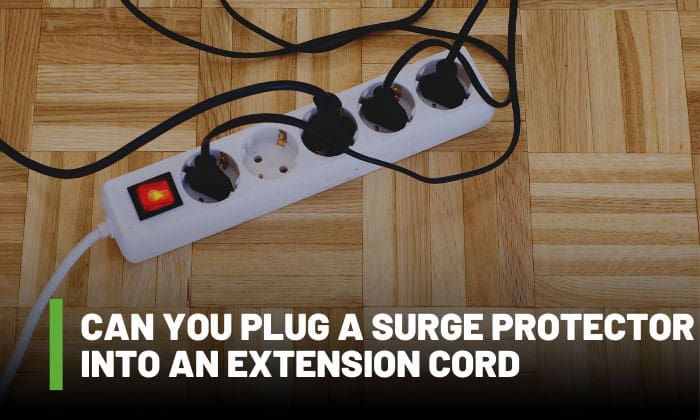Can You Plug An Electric Heater Into An Extension Cord
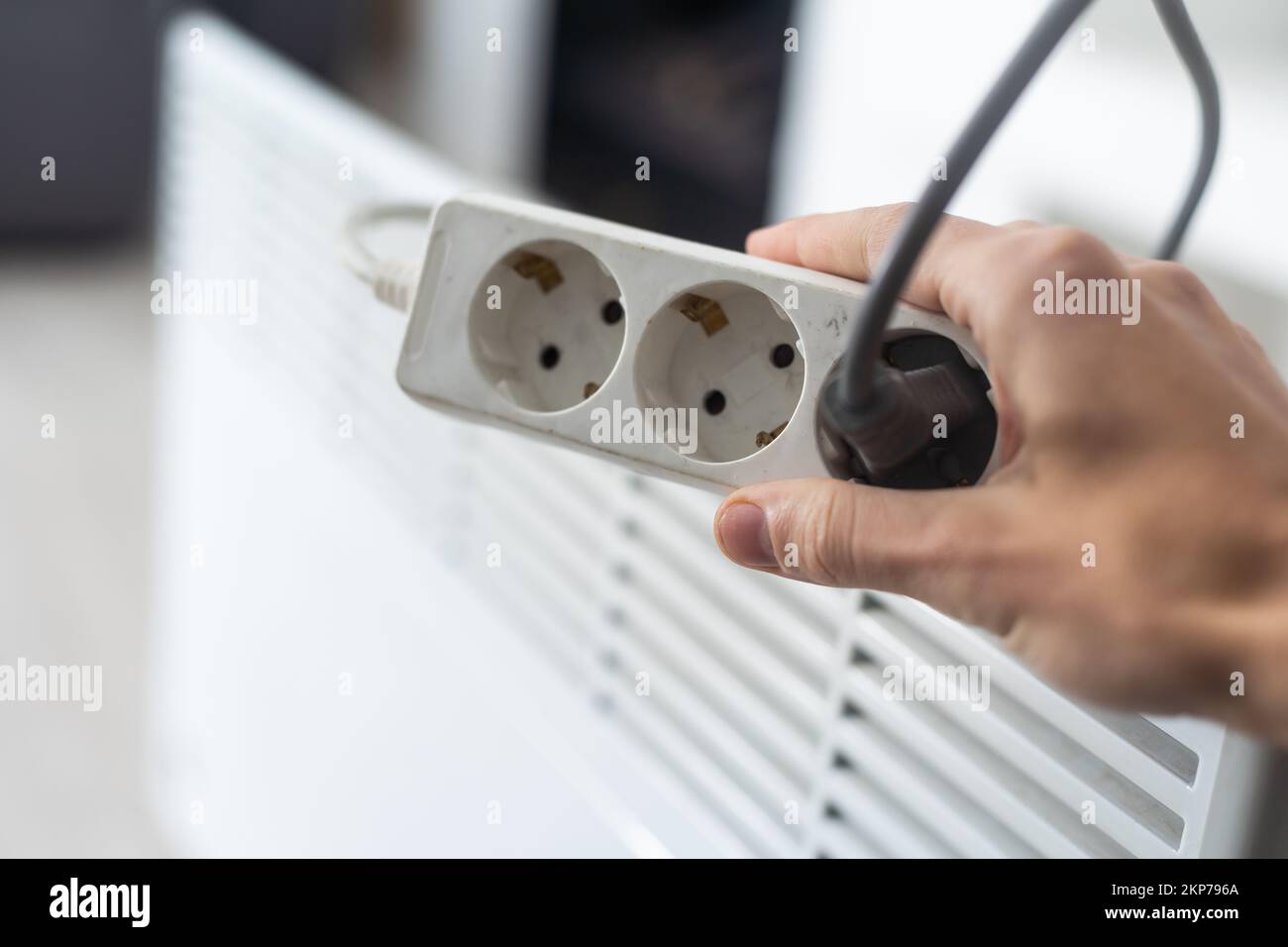
The cozy warmth of an electric heater on a chilly day is a welcome comfort, but plugging it into an extension cord could be a gamble with potentially dangerous consequences. Fire safety officials and electrical experts are sounding the alarm, urging consumers to understand the risks before connecting their heaters to anything other than a dedicated wall outlet. The seemingly convenient solution of an extension cord can quickly turn into a fire hazard, leading to property damage, injury, or even death.
The question of whether you can plug an electric heater into an extension cord isn't a simple yes or no. The core issue boils down to wattage, amperage, and the safety ratings of both the heater and the extension cord. Using an unsuitable extension cord can lead to overheating, insulation damage, and ultimately, electrical fires. This article delves into the specifics of the dangers involved, offering practical advice and expert insights to help you stay safe while staying warm this winter.
Understanding the Electrical Load
Electric heaters are power-hungry appliances, often drawing a significant amount of electricity. Most portable electric heaters require between 750 and 1500 watts. This high wattage translates to a substantial amperage draw, which is the amount of electrical current flowing through the wires.
Extension cords are designed with specific amperage ratings. These ratings indicate the maximum amount of current the cord can safely handle. Exceeding this limit can cause the cord to overheat, potentially melting the insulation and igniting nearby flammable materials.
John Drengenberg, a retired consumer safety director at UL (Underwriters Laboratories), emphasizes the importance of matching the extension cord's rating to the heater's requirements. "Using an undersized extension cord is like trying to force too much water through a narrow pipe; it creates resistance and heat," he explains.
The Risks of Using the Wrong Extension Cord
The primary risk associated with plugging an electric heater into an inappropriate extension cord is overheating. When the amperage exceeds the cord's capacity, the wires become hot. This heat can melt the cord's insulation, exposing the wires and creating a fire hazard.
Another potential danger is arcing. Damaged or frayed extension cords can create small electrical sparks, which can ignite flammable materials nearby. Dust, fabric, and paper are particularly susceptible to ignition from arcing.
Furthermore, using an extension cord that is too long can also pose a problem. The longer the cord, the greater the resistance, leading to a voltage drop. This voltage drop can reduce the heater's efficiency and potentially damage the appliance's internal components.
Choosing the Right Extension Cord (If Necessary)
While experts generally advise against using extension cords with electric heaters, there are situations where it may be unavoidable. In such cases, it's crucial to select the right type of cord.
First, ensure the extension cord is rated for heavy-duty use. Look for cords with a 14-gauge or 12-gauge wire thickness; the lower the gauge number, the thicker the wire and the more current it can handle safely. Also, check the cord's amperage rating and make sure it exceeds the heater's amperage draw.
The Electrical Safety Foundation International (ESFI) strongly recommends using only extension cords that are UL-listed or ETL-listed. These certifications indicate that the cord has been tested and meets safety standards.
Important Considerations:
Always use a grounded extension cord with a three-prong plug. Avoid using multiple extension cords connected together (daisy-chaining). Never run extension cords under rugs or carpets, as this can trap heat and increase the risk of fire.
Expert Recommendations and Alternatives
The safest option is always to plug an electric heater directly into a wall outlet. Dedicated wall outlets are designed to handle the high electrical load of appliances like heaters.
The National Fire Protection Association (NFPA) recommends against using extension cords for long-term use. If you find yourself consistently needing an extension cord for your heater, consider having a qualified electrician install an additional outlet.
As an alternative to electric heaters, consider other heating options, such as central heating systems or space heaters that use alternative fuels like kerosene or propane. However, these options also come with their own safety precautions that must be carefully followed.
"Extension cords are intended for temporary use. They are not a substitute for permanent wiring," emphasizes Lorraine Carli, vice president of outreach and advocacy at the NFPA.
Looking Ahead: Safer Heating Practices
The debate over extension cords and electric heaters highlights the importance of electrical safety education. Consumers need to be aware of the potential hazards and take proactive steps to mitigate the risks.
Manufacturers are also playing a role by designing safer electric heaters with built-in safety features, such as automatic shut-off switches and overheat protection. However, even with these features, it's essential to follow safe operating practices.
Ultimately, staying safe while using electric heaters requires a combination of knowledge, caution, and responsible decision-making. By understanding the electrical load, choosing the right equipment, and following expert recommendations, consumers can enjoy the warmth of an electric heater without compromising their safety.
